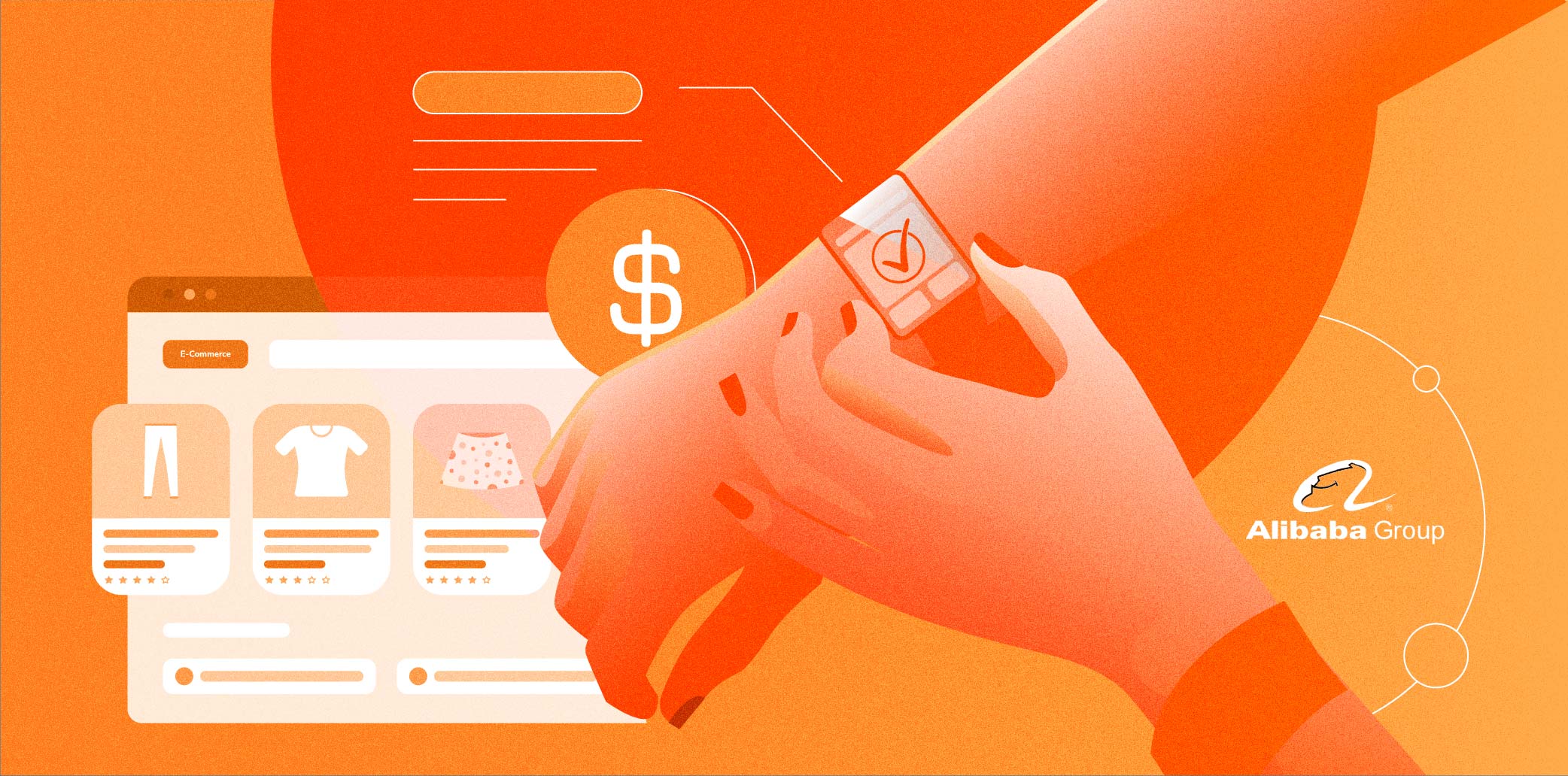The coronavirus outbreak in several large Chinese cities, bringing lockdowns in Shanghai and Beijing, has been a “double killer” affecting online and offline businesses alike, JD.com CEO Xu Lei said Tuesday.
As China adheres to its strict COVID prevention and control measures, Xu told analysts in a conference call that this year’s outbreak has caused greater damage to consumers and supply chains than any in the previous two years.
“The domestic epidemic was beneficial to the e-commerce sector in the first two years, since the impacted area was small and the duration was short, and there was a clear shift of offline consumption to online. But this time it has been a double killer for both online and offline enterprises,” said Xu, who took over as CEO of the e-commerce platform from JD.com founder Richard Liu last month.
The company’s shares climbed 2.7% during Tuesday morning trading in New York.
JD.com is culling staff to reduce costs. One employee told Nikkei last month that most departments were eliminating 20% to 40% of positions but others are being shut, with units for community group-buying, books, and cosmetics suffering the biggest cuts.
Revenue grew 18% on the year to RMB 239.7 billion (USD 35.3 billion) for the January-March quarter, slightly higher than analysts’ average estimates. But the company posted a net loss of RMB 3 billion for the quarter, compared with a net profit of RMB 3.6 billion in the same period one year prior.
The loss was due mainly to infrastructure investment, technology research and development, employee compensation and benefits, logistics support for Shanghai, as well as subsidies for partners amid the COVID-19 pandemic, the online retailer said.
On Monday, China reported an 11.1% fall in retail sales for April from a year before, the biggest drop since the early days of the pandemic. Industrial output fell 2.9%. Unemployment rose to 6.1% from 5.8% a month earlier.
Xu noted heavy inventory backlogs of spring apparel due to the epidemic and sluggish consumption, and he said many factories have skipped the production plan for the summer collection.
“Furthermore, while traffic and user numbers both increased in April and May, average transaction value was lower than in previous years,” he said. “Consumer confidence and income are insufficient, and overall consumption is sluggish.”
Warehouse and delivery station lockdowns in some key regions have impacted inbound and outbound shipping, leading order cancellation rates to rise in April, Xu said. Despite improvements in May, the cancellation rate remains high compared with the previous year.
China’s stringent zero-COVID policy and Beijing’s crackdown on the tech sector have created anxieties over their effects on the economy. Vice Premier Liu He told tech executives on Tuesday that relations between the government and market need to be “properly managed,” and said Beijing will support the development and public listing of digital economy and private companies.
This article first appeared on Nikkei Asia. It has been republished here as part of 36Kr’s ongoing partnership with Nikkei.

